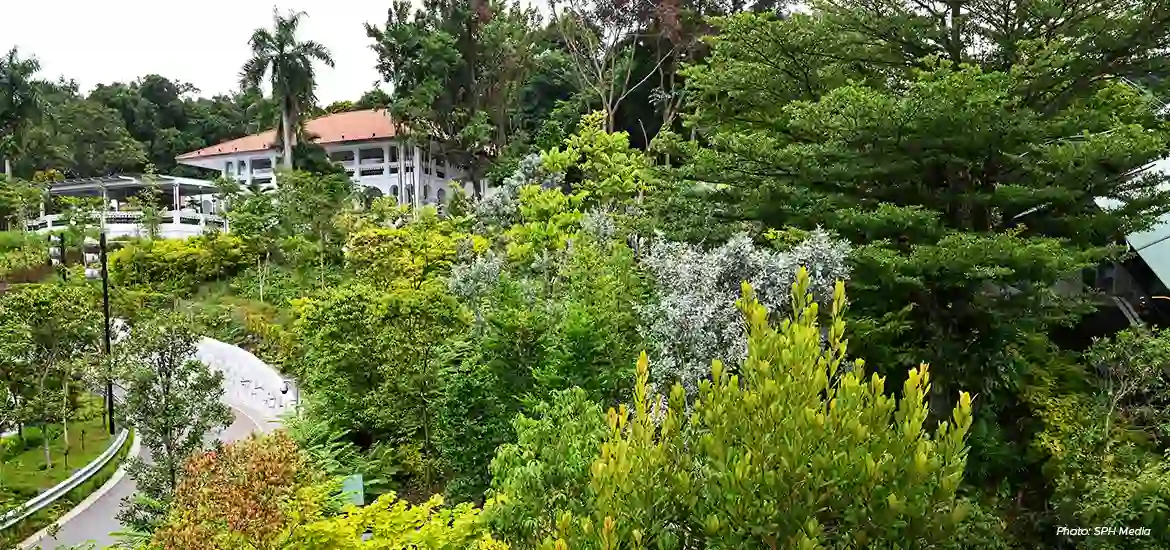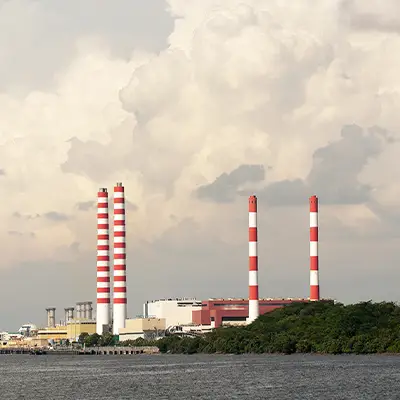A total of 300 sustainability professionals will learn to navigate the complex world of carbon markets and credits by 2027 by attending a new academy hosted at the Nanyang Technological University (NTU).
The Carbon Markets Academy of Singapore (CMAS) will offer modules and postgraduate courses to help professionals develop carbon projects and learn how to measure and report carbon emissions, among other skills.
The academy is supported by Enterprise Singapore and the Economic Development Board.
Its launch was announced by Deputy Prime Minister Gan Kim Yong at the Financial Times Commodities Asia Summit on 7 November.
Mr Gan said Singapore is home to 120 carbon services and trading firms, double the number from 2021. This includes the International Emissions Trading Association, a non-profit organisation which set up its regional headquarters here in 2023.
The academy’s first course, the nine-day Executive Certificate in Carbon Markets, aims to equip business leaders and professionals with a foundation in carbon markets, measurement and reporting, and the life cycle of a carbon project – which can range from clean cookstoves to reforestation.
The course, open for enrolment, with its first intake in January 2025, will be jointly delivered by NTU’s Nanyang Business School and the Asian School of the Environment.
Those encouraged to take the course include professionals seeking to lower the carbon footprint of their organisations, including carbon services firms.
Large greenhouse gas emitting companies in Singapore can buy carbon credits to offset up to 5 per cent of their carbon tax.
Singapore is also collaborating with more than 20 countries, including Southeast Asian nations such as Laos, the Philippines, and Vietnam, on carbon credits.
CMAS also offers a course related to the carbon market in NTU’s Executive Master of Science in Sustainability Management programme to equip managers with skills to incorporate sustainable development in their companies’ strategies and drive green operations, with policy context on carbon markets.
Intake for this postgraduate course will start in April 2025.
Mr Gan, who is also Minister for Trade and Industry, said: “As a key regional hub for professional services, trading, and financial services, Singapore will be well positioned to offer services in the origination, financing and trading of carbon credits, and be an attractive base for high-quality carbon projects.”
Ms Jaclyn Kaur, managing partner of climate tech start-up Carbon AI Singapore who was not at the summit, noted that while the country has made strides in the carbon services sector, several critical skill and knowledge gaps persist, making it important for professionals to have a place to learn about the tricky carbon markets scene.








